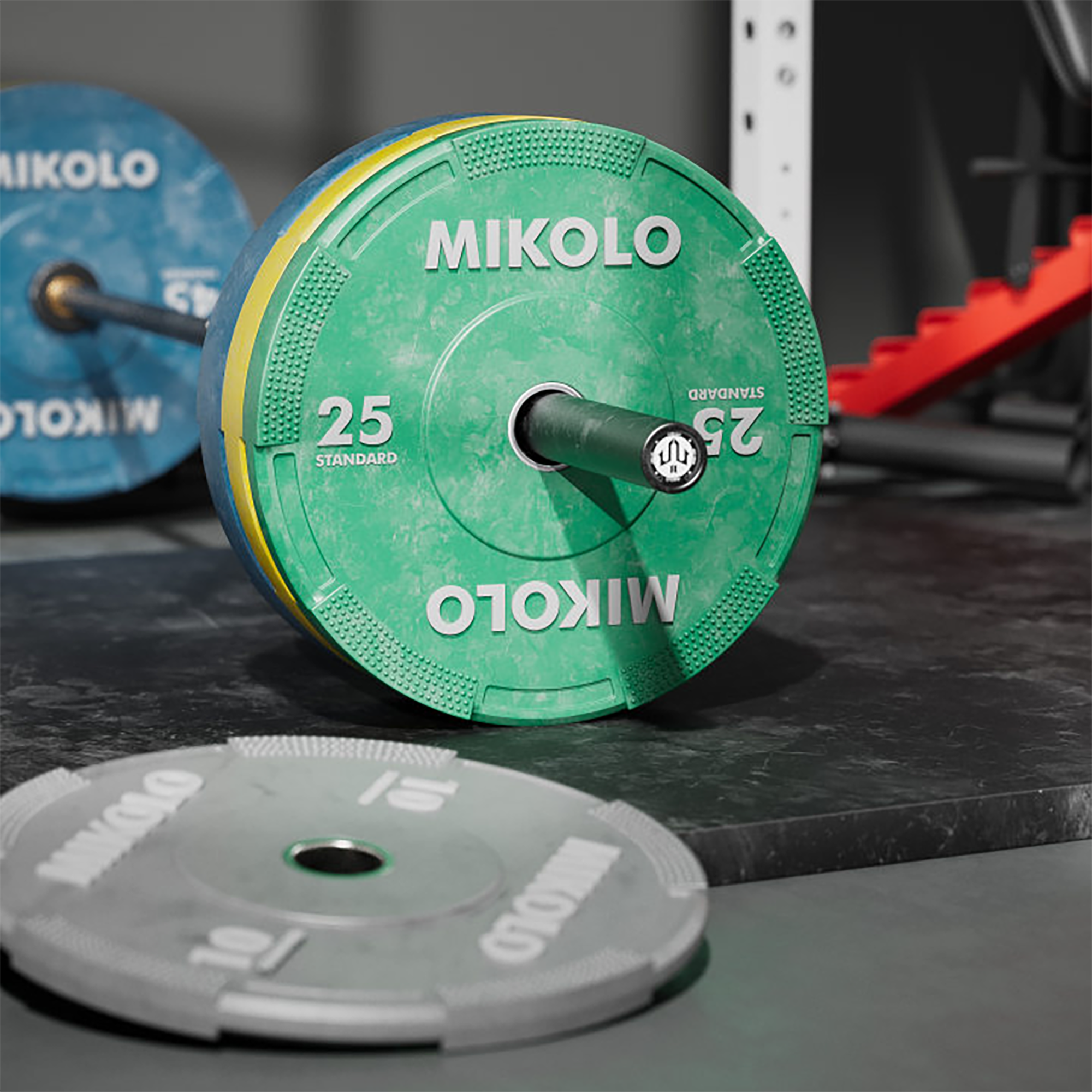Training with bodyweight is one of the most effective, accessible, and underrated ways to build real strength, mobility, and muscular endurance. You don’t need a gym, a fancy machine, or even dumbbells—your own body is the resistance. From push-ups to squats, total bodyweight workouts can transform your fitness with minimal space and zero equipment.
What Is Bodyweight Exercise?
Bodyweight exercises are movements that use your own body as resistance. These include push-ups, squats, lunges, planks, dips, and many more. The principle is simple: instead of lifting external weights, you push, pull, and stabilize your own mass against gravity.
Benefits of Bodyweight Strength Training
-
Builds Functional Strength: Since bodyweight movements mimic natural human motions, they enhance everyday strength, balance, and coordination.
-
Improves Mobility and Flexibility: Unlike machine-based training, bodyweight exercises engage full joint ranges and often improve flexibility.
-
Enhances Core Stability: Most bodyweight strength training exercises engage your core deeply, promoting better posture and injury prevention.
-
Scalable for All Levels: From beginners to athletes, bodyweight resistance training adapts easily. You can modify reps, tempo, angles, or progress to advanced variations.
-
Convenient Anywhere: Whether you’re at home, in a park, or traveling, your body is always with you—making it the most portable gym in the world.
Examples of Bodyweight Exercises
Here’s a quick look at foundational exercises using your body weight:
-
Push-Up: Builds upper body and core strength. Variations include incline, decline, diamond, and archer push-ups.
-
Squat: A key lower body movement targeting quads, glutes, and hamstrings. Level up with jump squats or pistol squats.
-
Lunge: Great for unilateral leg strength and balance. Try reverse or walking lunges.
-
Plank: Builds core endurance. Progress to side planks or plank-to-push-up for a challenge.
-
Glute Bridge: Excellent for posterior chain activation—especially glutes and hamstrings.
-
Dips (on a bench or parallel bars): A powerful move for the chest, shoulders, and triceps.
These are just a few of the many total bodyweight workout options available. You can combine them into circuits or interval-style formats to create a full-body, high-intensity workout.
How to Get Stronger with Bodyweight Exercises
Progression is key. Just like with lifting weights, you need to increase the challenge over time. You can:
-
Add reps or sets
-
Slow down tempo (e.g., 3-second descent)
-
Reduce rest time between sets
-
Advance to harder variations (e.g., from regular push-ups to handstand push-ups)
This approach is called bodyweight resistance training, and it’s incredibly effective when structured properly.
My Personal Journey with Bodyweight Training
When I began training clients in their homes years ago, many lacked equipment—and that’s where I truly embraced the versatility of bodyweight workouts. One client, a 48-year-old nurse, had never lifted weights but became impressively strong just using her own body. She progressed from wall push-ups to floor push-ups, and from assisted squats to single-leg variations. Her core, balance, and confidence skyrocketed—all without lifting a single dumbbell.
That experience reshaped how I viewed fitness: your body is already the best tool you own.
What to Expect in a Bodyweight Class
Bodyweight classes often combine strength, cardio, and flexibility into one session. They may follow a circuit style, include timed intervals, or focus on specific muscle groups. It’s a great way to explore bodywork exercises in a group setting with expert guidance and energy.
Final Thoughts
Training with bodyweight isn’t just a stepping stone—it’s a complete fitness method. Whether you're looking to get leaner, build strength, or improve functional movement, your body alone can get you there.
So whether you’re exploring exercises using body weight as resistance or crafting your own bodyweight strength training exercise routine, remember this: you don’t need more gear—you just need more movement.













































Leave a comment
This site is protected by hCaptcha and the hCaptcha Privacy Policy and Terms of Service apply.